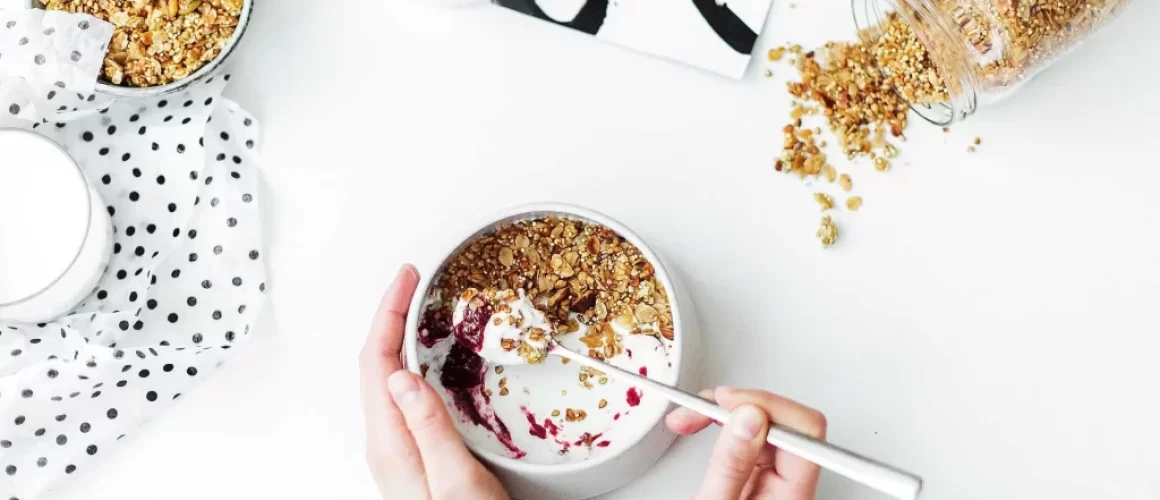4 Reasons in Favour of Natural Pea Protein Powder
4 Reasons in Favor of Natural Pea Protein Powder
The humble pea! What makes it so special? And, why is everyone talking about it? What makes it such a power-house of nutrition and why have we chosen it as our key protein source in our products?
That’s a lot of questions. But the answers to all these questions lie in a few facts. Simple facts.
Pea Protein = High-Quality Protein
Pea Protein = Proven to Build Muscle
Pea Protein = Easily Digestible
Pea Protein = Versatile with Easy Applications
About Peas :
Before we jump into the facts about pea protein, let’s look at some basics. Peas are part of the legume family and are one of the few non-bean legumes. Peas are available as the ripe green vegetable, and also as dry green or yellow peas, which are used similarly to lentils.
Pea Protein = High-Quality Protein
Have you ever wondered what people mean by ‘protein quality’ or ‘complete protein’? Protein is made of amino acids and there are nine essential amino acids. As we can’t make them ourselves, we have to include sources that can provide these amino acids, in our diet. When a protein source has all nine in roughly equal amounts, it is called “complete protein.” Complete proteins include meat, eggs, dairy, soy, quinoa, and a few others.
Why Pea Protein is considered better?
A cup of cooked peas has about 10 grams of protein. It isn’t exactly “complete” because it’s a little low in methionine. However, pea protein is a rich source of BCCAs- the Branched Chain Amino Acids, leucine, isoleucine, and valine, which are closely linked to muscle gain.
For vegetarians, for those allergic to dairy, and for those eager to increase their intake of vegetarian food options, pea protein is an excellent resource of high-quality protein, to help with post-recovery workouts and build immunity, in the most natural way.
Pea Protein = Proven to Build Muscle
The connection between BCAAs and muscle-gain is strong. Branched-chain amino acids are essential nutrients and your muscles “burn” these amino acids for energy.
These essential nutrients help support muscle metabolism and are key to building muscle tissue protein.
Athletes and bodybuilders know enough about the importance of including BCAA sources in their diet, to help with recovery from workouts and enhance athletic performance.
According to WebMD, BCAAs may help:
Bring on muscle growth
Ease muscle soreness
Feel less exercise fatigue
Prevent muscle wasting
Boost your appetite if you’re malnourished or have cancer
Ease symptoms of tardive dyskinesia
Ease symptoms of hepatic encephalopathy due to cirrhosis
Protect people with cirrhosis from getting liver cancer
Treat certain brain disorders
Improve mental function in people with phenylketonuria
Pea is very high in these amino acids and now there is increasing evidence to prove that there is no difference in muscle gains between whey and pea protein. Most notably, two studies published in the Journal of the International Society of Sports Nutrition and Sports found no difference in muscle gains when comparing pea protein with whey. The notion that it’s less effective for muscle gain seems to be a myth rather than a fact.
Pea also has about three times as much arginine as whey. Research suggests it might help with nitric oxide production and therefore improve blood flow.
3. Pea Protein = Easily Digestible
Dairy is a great source of protein, but many people have allergies to lactose, casein, or other compounds in milk. Peas, by and large, are unlikely to cause digestive issues and they don’t contain any of the top eight allergens: peanuts, tree nuts, eggs, fish, shellfish, cow’s milk, wheat, and soy.
Pea protein powder made from yellow peas has much of the fiber removed. It reduces the risk of bloating, indigestibility, or gas.
Compared to other legumes, peas tend to be lower in some compounds that can cause digestive upset, such as the “antinutrient” phytic acid.
4. Pea Protein = Versatile with Easy Applications
Protein powder started as a health and nutrition supplement but with the introduction and increasing acceptance of plant protein powder, consumption trends are changing.
What began as a protein drink is now being tried as an ingredient in whole meals, baked goods, chocolates, candies, and energy bars.
The versatility of pea protein has made it an easy ingredient in bakery and confectionery preparations around the world.
For consumers, the biggest draw is to be able to have it as part of their everyday meals – breakfast, lunch, and dinner, or as an in-between snack. No more getting bored of gulping your protein powder as a drink!
Experiment with your plant protein powder and share your exciting recipes with us. We welcome your recipes. Send them over to recipes@proticons.com
